Pasqually’s Treatise describes how the actions of the first spirits created by God had consequences that can only be described as catastrophic on a cosmic scale. The entirety of the subsequent history of the universe is a result of their choices. As a writer of myths, Pasqually also undoubtedly intended these stories to tell us something of our own psychology and duties with respect to the Divine. Even our own relationship with the material world.
As is usual with such discussions, language fails us. Much of the myth in question here happens “before Time”; and here we already see a contradiction. English requires me to use a temporal word, “before”, in a context where it makes no sense. I don’t know a way around this, and so hope you will forgive me for making this mistake repeatedly throughout the following. It is a mistake, but I am making it with the full knowledge that it is a mistake since it is unavoidable.
Emanation, not Creation
Pasqually’s myth is emanationist in nature, rather than the creationist viewpoint typically found in more literal interpretations of the Abrahamic faiths. The first Beings are not created from nothing, but rather emanated from God within His “Divine Immensity”. Like the “Ein Soph” of the kabbalists, this is something far removed from Creation. So dizzyingly high in fact, that from our perspective it is barely distinguishable from God Himself.
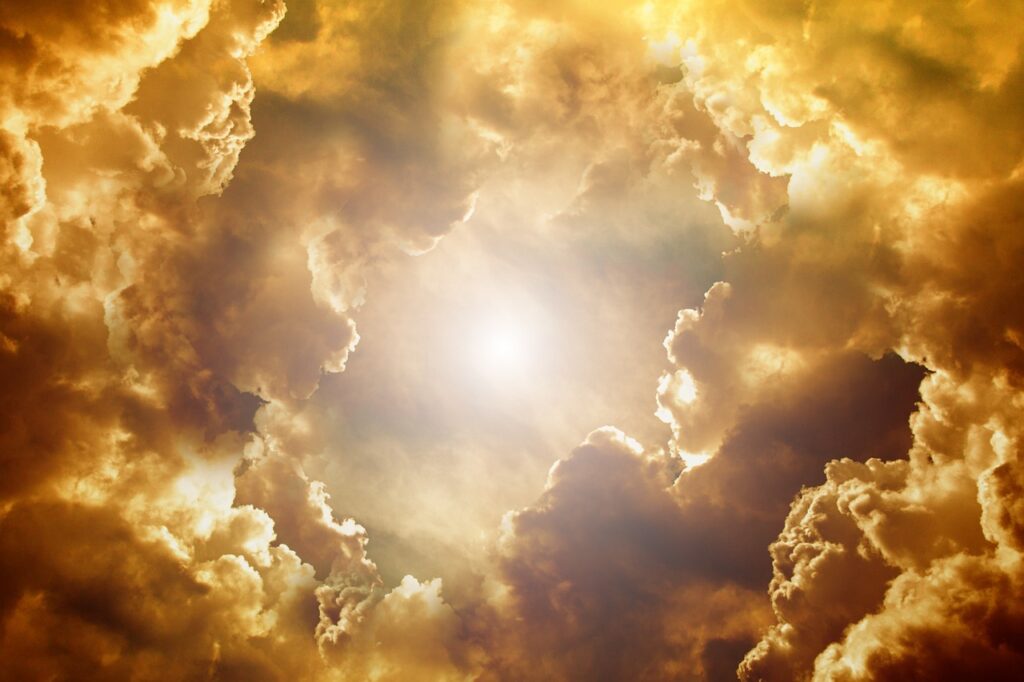
The purpose of this emanation is not well described by Pasqually. He makes references to these spirits having a duty of devotion, and that the emanation was “for His own glory”, but it is consistently left vague. I think this is a feature of the time in which he was writing. For 21st Century readers it can strike us as arrogant or conceited that Divinity would emanate free Beings purely for the purposes of worshiping Him. I admit that this is a challenge for me as well, but I suspect this is the influence of the very anthropomorphic God that I grew up with. God as a Super-man. As a Super-dad. A Super-judge and a Super-king. A Being, just like any other being, that I could assign super-qualities to and imagine that I then understood Him.
I challenge you to drop this concept. In fact, to drop all concepts when considering the Divine.
In effect then, this Being beyond all concepts — beyond the concept of Being itself — emanated Free beings for his own glory.
Existence and non-existence

The second paragraph of Pasqually’s thesis is particularly revealing, and helps to understand how he thought of many of these difficult concepts.
He wonders aloud about the existence or non-existence of these Beings “before” their emanation, and says the following:
They did exist within the bosom of Divinity, but without particular distinction of action, thought, and hearing. They could act and feel solely through the will of the superior being who contained them and in whom all was actuated; which is, in fact, a state of non-existence.
“Treatise on the Reintegration of Beings”
Martinès de Pasqually
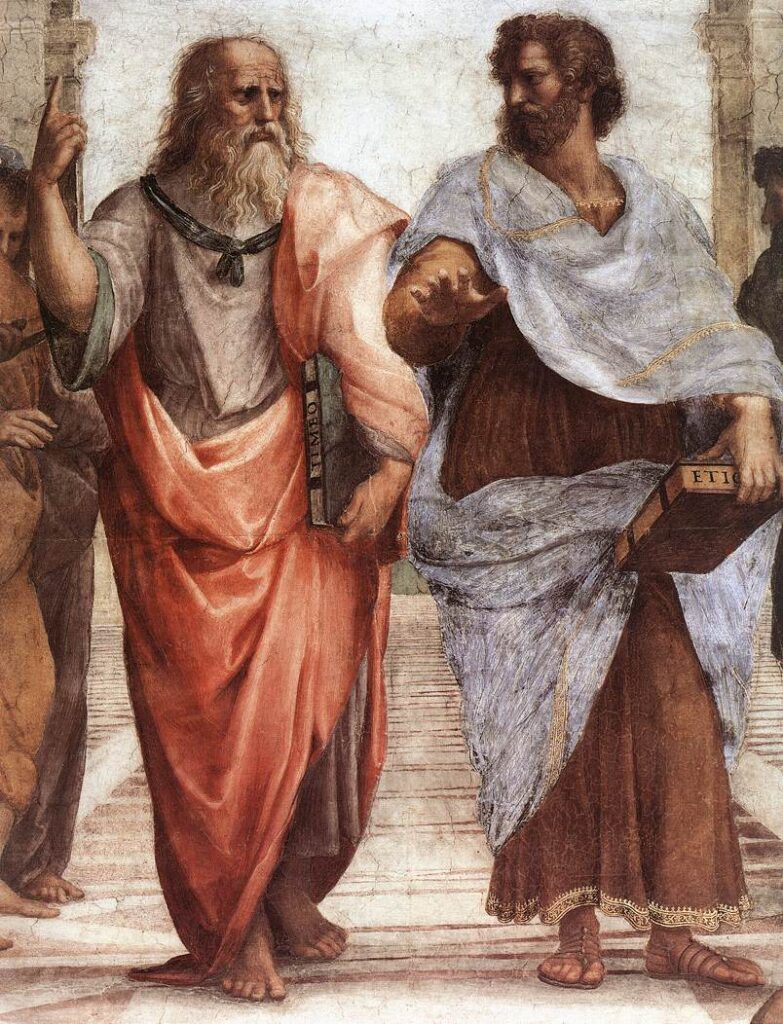
All Beings are pre-existent, but exist in a state of non-existence. Here, again, language fails. We are forced to use the word “exist” because English doesn’t have simple word for the concept that Pasqually is trying to get across. They exist within the bosom of Divinity, but only in a state of potentiality.
These Beings only become existent when blessed with the ability to act, think, and hear. They could act and feel only through the Will of the Being that they found themselves in. This appears to be the distinction. They lack Will. They lack the ability to convert a thought into an action because they cannot will it to be so.
That these emanated beings — in fact all possible beings — pre-exist within Divinity means that God includes within Itself infinite potential for creation/emanation. I’m even tempted to say that this is a definition, but not a definition of Divinity. It is a definition of the infinite potential of “things”. A thing can only be conceived as such through its pre-existent potentiality within Divinity — Plato’s Forms on a Cosmic scale.
The tragedy of Free Will
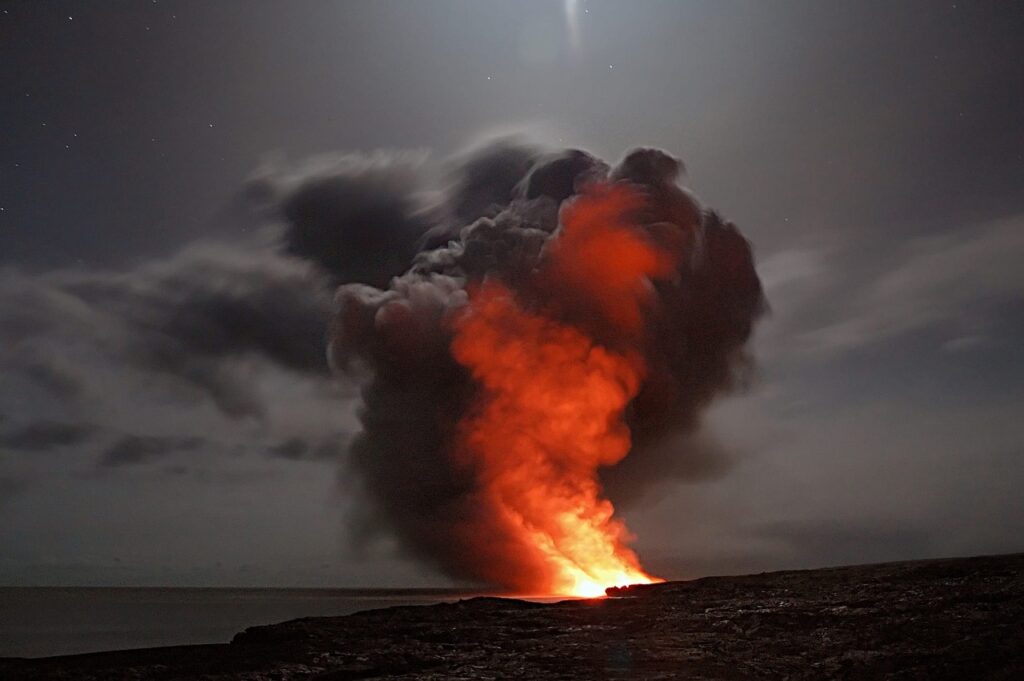
But what went wrong?
Will is the key here. In particular Free Will.
These Beings were emanated with Free Will. This was a necessity for them to perform the tasks that they were given. If this was denied to them, then they would have been unable to do their duty. Free Will was needed so as to allow them to choose, with all the force of this Will, to do what was needed and to do it well.
Divinity could not have limited them more than He already had without interfering with their ability to carry out these duties. This is a curious but very important fact that has implications all throughout the various myths found in this Treatise. The ability to do a set of things also implies the ability to do things outside this set. Limits can be put in place to stop us (and yes, here I am personalising it to you and me) from doing certain undesirable things, but there comes a point when any more boundaries will stop us from doing those things we are supposed to do
This is an inherent part of Pasqually’s Universe, and something that I think is unavoidable. As a physicist-engineer I strongly recognise this. There comes a point in the design of any system where you have to admit that the undesirable consequences have been reduced as much as possible, and anything else you do will negatively hit the operation of the system itself. Unsinkable ships and unhackable computers come to mind.
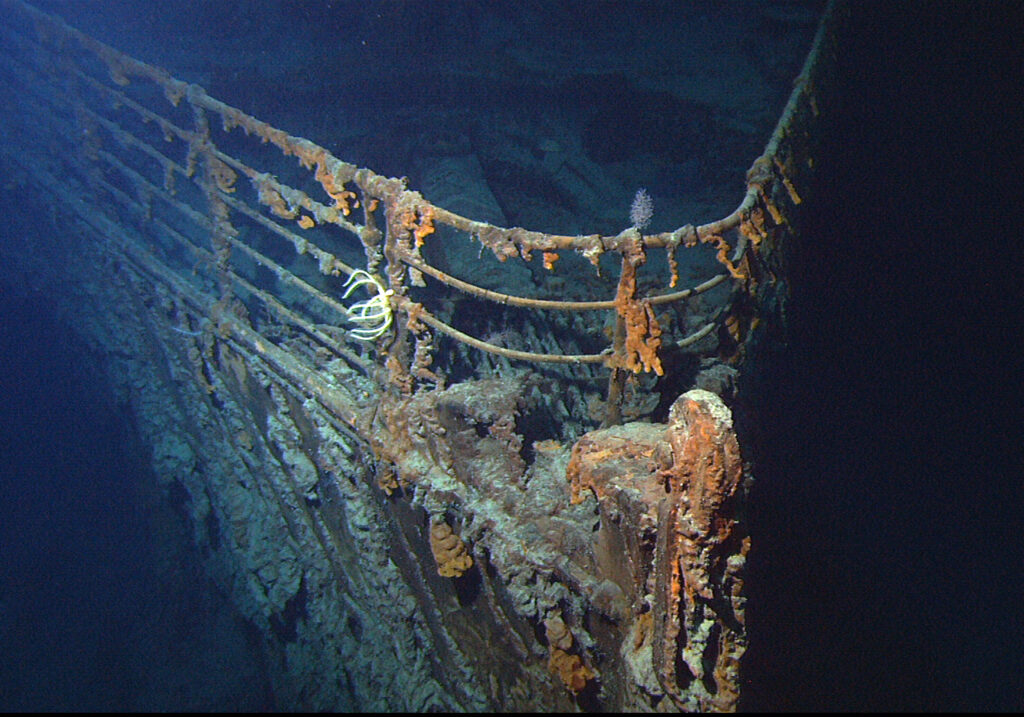
It is interesting to think of this fundamental aspect of the physical world as emerging already from Divinity itself.
The Will to Create
According to Pasqually, these spirits went against their Creator in three different ways.
- They willed to make Divinity equal to themselves.
- They willed to limit Divinity’s powers of creation.
- They willed to create beings subservient to themselves.
The primary crime of the Spirits was allowing the thought of creating to become a Will to Create. The emergence of this Will within the emanated Spirits made it clear that they thought of themselves as possible equals to Divinity. The Creation of something would have taken away the ability of Divinity to create that thing, and it would have set those new creations under the emanated spirits.
These consequences are so devastating it is hard to know what they even mean. How can it be understood that something else — something outside the Ultimate — is equal to Divinity? At a fundamental level, this appears to be something beyond Reason itself.
The Physical World as Quality of the Divine
But the Divinity sees what is happening. He is immediately aware of this Will to create and acts to stop it. There is a curious sentence here:
…the Creator used the force of law upon His immutability by creating the physical universe…
“Treatise on the Reintegration of Beings”
Martinès de Pasqually
What does this mean?
I believe that Pasqually meant something deeply profound by this. I believe he meant that the physical world is a reflection of the immutability of God.
It is within this physical world that the Fallen Spirits were to be confined. But this is no arbitrary prison. God in his immutability does not remove any of the powers of these spirits. They are not punished by having their abilities limited in any way.
Rather, He puts them face-to-face with the rock-hard solidity of a fundamental aspect of the Divine.
God is immutable.
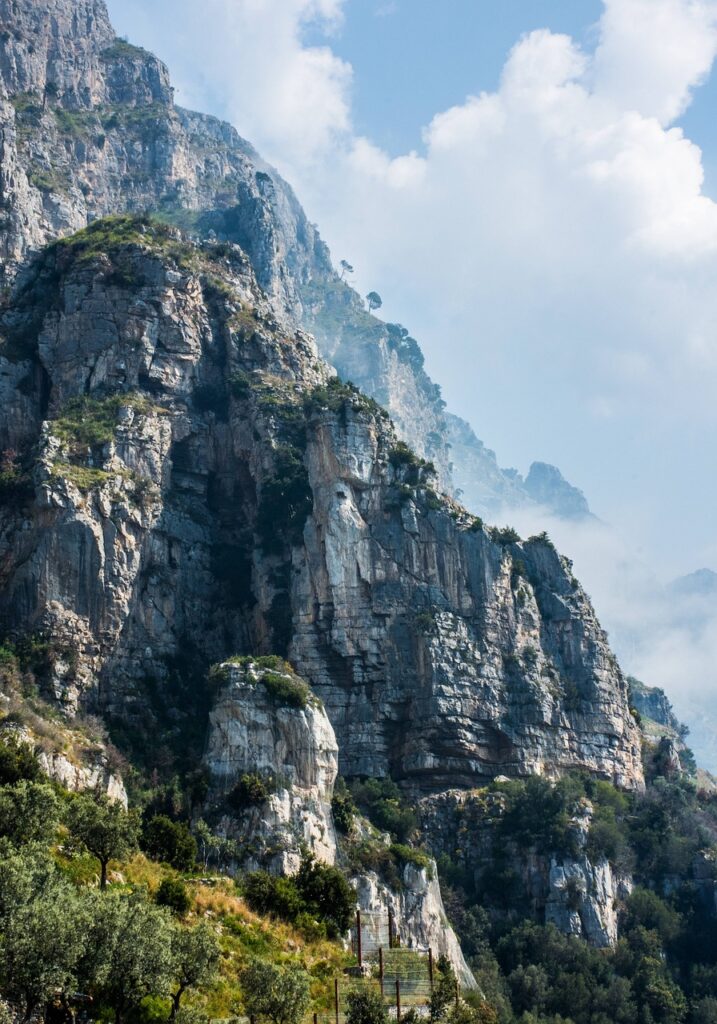
This immutability means that He will not withdraw any of His promises or gifts. And this — just look around you — is what immutability means.
While these spirits were willing — literally — to act against their own nature, the Creator is not. His justice is the most pure I can imagine. He does not act out of rage or pain, and does not behave in a way that goes against who He is. Rather, he creates a world that is the very definition of immutability — with its cause-and-effect, laws of Physics, etc. — and places these creatures within it.
This is the world in which you act. The reality presented to your senses at this very moment. The material world in which you pass your days. This, in its entirety, is intended as an in-your-face expression of the unchangingness of the Divine.
The reality you perceive is not a “part” of the Divine — the Divine Oneness does not have “parts”. The reality you perceive is a quality of the Divine.
And it is a lesson from the Divine.
Use it as such.
Before the flambeaux,
Avidha-wa


Leave a Reply